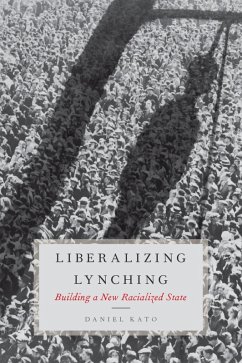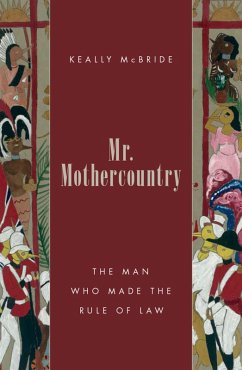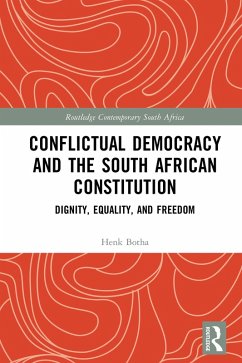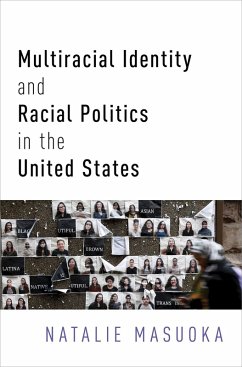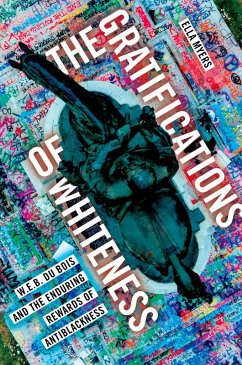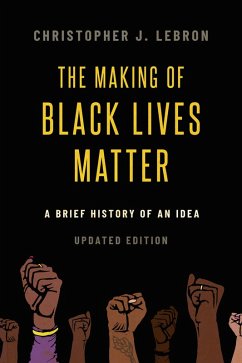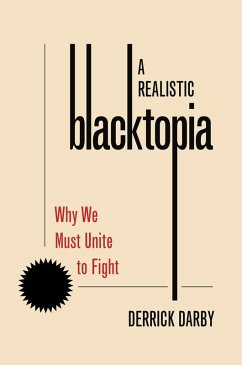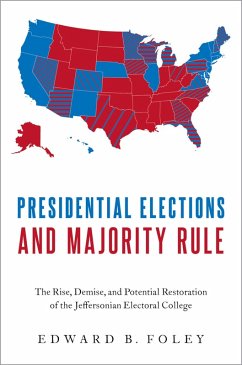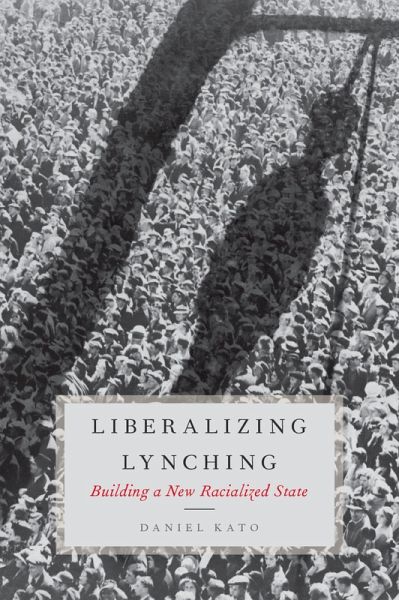
Liberalizing Lynching (eBook, PDF)
Building a New Racialized State
Versandkostenfrei!
Sofort per Download lieferbar
24,95 €
inkl. MwSt.
Weitere Ausgaben:

PAYBACK Punkte
12 °P sammeln!
In spite of America's identity as a liberal democracy, the vile act of lynching happened frequently in the Southern United States over the course of the nation's history. Indeed, lynchings were very public events, and were even advertised in newspapers, begging the question of how such a brazen disregard for the law could have occurred so freely and openly. Liberalizing Lynching: Building a New Racialized State seeks to explain the seemingly paradoxical relationship between the American liberal regime and the illiberal act of lynching. Drawing on legal cases, congressional documents, president...
In spite of America's identity as a liberal democracy, the vile act of lynching happened frequently in the Southern United States over the course of the nation's history. Indeed, lynchings were very public events, and were even advertised in newspapers, begging the question of how such a brazen disregard for the law could have occurred so freely and openly. Liberalizing Lynching: Building a New Racialized State seeks to explain the seemingly paradoxical relationship between the American liberal regime and the illiberal act of lynching. Drawing on legal cases, congressional documents, presidential correspondence, and newspaper reports, Daniel Kato explores the federal government's pattern of non-intervention regarding lynchings of African Americans from the late nineteenth century through the 1960s. Although popular belief holds that the federal government was unable to address racial violence in the South, this book argues that the actions and decisions of the federal government from the 1870s through the 1960s reveal that federal inaction was not primarily a consequence of institutional or legal incapacities, but rather a decision that was supported and maintained by all three branches of the federal government. Inaction stemmed from the decision not to intervene, not the powerlessness of the federal government. To cement his argument, Kato develops the theory of constitutional anarchy, which crystallizes the ways in which federal government had the capacity to intervene, yet relinquished its responsibility while nonetheless maintaining authority. A bold challenge to conventional knowledge about lynching, Liberalizing Lynching will serve as a useful tool for students and scholars of political science, legal history, and African American studies.
Dieser Download kann aus rechtlichen Gründen nur mit Rechnungsadresse in A, B, BG, CY, CZ, D, DK, EW, E, FIN, F, GR, HR, H, IRL, I, LT, L, LR, M, NL, PL, P, R, S, SLO, SK ausgeliefert werden.




